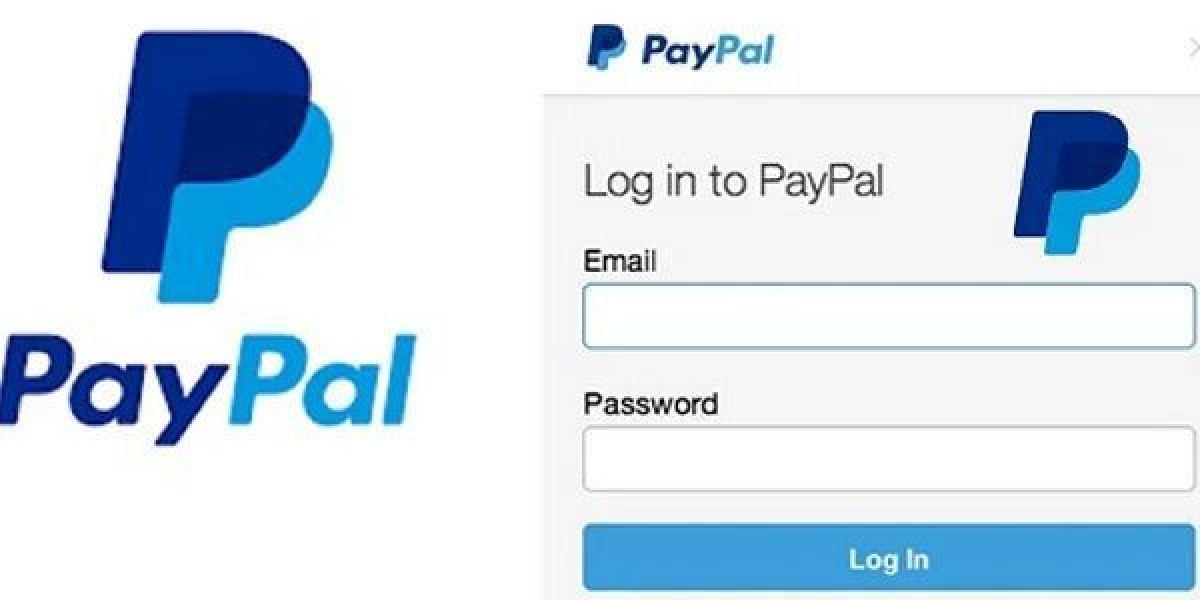Behavioral Health Billing plays a crucial role in the healthcare industry, ensuring that providers are reimbursed for services related to mental health and substance abuse treatments. This article explores the essential aspects of behavioral health billing, highlighting its complexities and importance.
Behavioral health services encompass a wide range of treatments, including therapy sessions, psychiatric evaluations, and substance abuse counseling. Proper billing practices are essential to ensure these services are appropriately documented and reimbursed by insurance companies or government payers.
Introduction to Behavioral Health Billing
Behavioral health billing involves the submission of claims for services provided by psychologists, psychiatrists, social workers, and other mental health professionals. It requires adherence to specific coding systems, such as Current Procedural Terminology (CPT) and Healthcare Common Procedure Coding System (HCPCS), which accurately describe the services rendered.
Key Components of Behavioral Health Billing
Coding and Documentation: Accurate coding of services provided is critical. Each session or treatment must be documented with the corresponding CPT or HCPCS code that reflects the type and duration of the service.
Insurance Verification and Authorization: Prior to providing services, providers must verify patient insurance coverage and obtain authorization if required. This ensures that services will be reimbursed and reduces the risk of claim denials.
Billing Compliance: Providers must adhere to billing regulations set forth by federal and state laws, as well as guidelines established by insurance companies. Compliance ensures ethical billing practices and minimizes the risk of audits or penalties.
Claims Submission and Follow-Up: Once services are provided and documented, claims are submitted to insurance companies electronically or via paper forms. Providers must monitor the status of claims and follow up on any denials or delays in reimbursement.
Challenges in Behavioral Health Billing
Navigating the complexities of behavioral health billing can present challenges for providers:
- Coding Errors: Incorrect coding can lead to claim denials or delays in reimbursement.
- Insurance Coverage Issues: Limited coverage for behavioral health services can impact reimbursement rates.
- Regulatory Changes: Updates to billing regulations require ongoing education and training for providers and billing staff.
Conclusion
In conclusion, behavioral health billing is a critical component of ensuring access to mental health and substance abuse treatments. By understanding the key components and challenges of billing, providers can streamline operations, improve reimbursement rates, and ultimately enhance patient care. Proper documentation, compliance with billing regulations, and efficient claims management are essential for the financial health of behavioral health practices.

